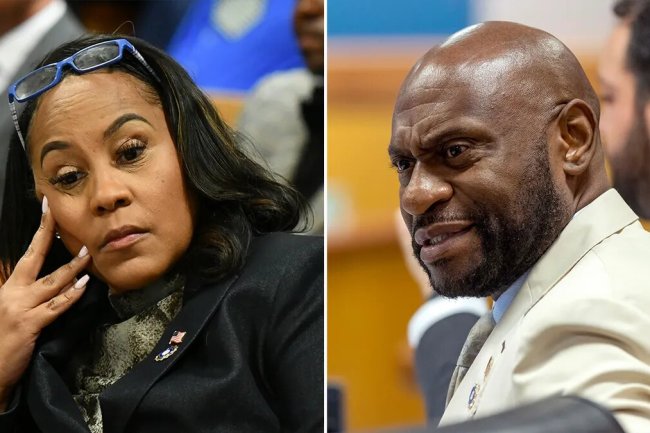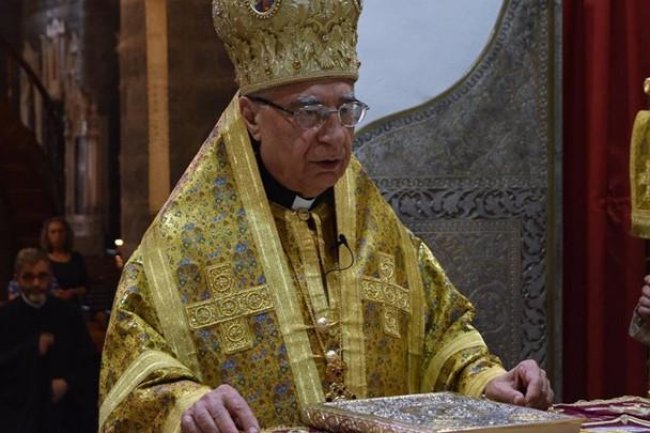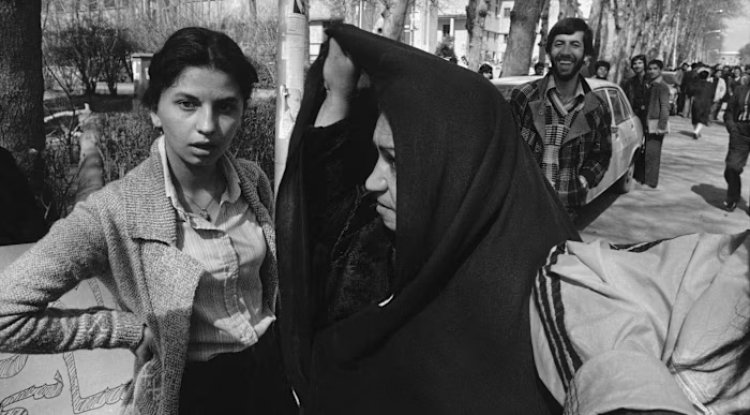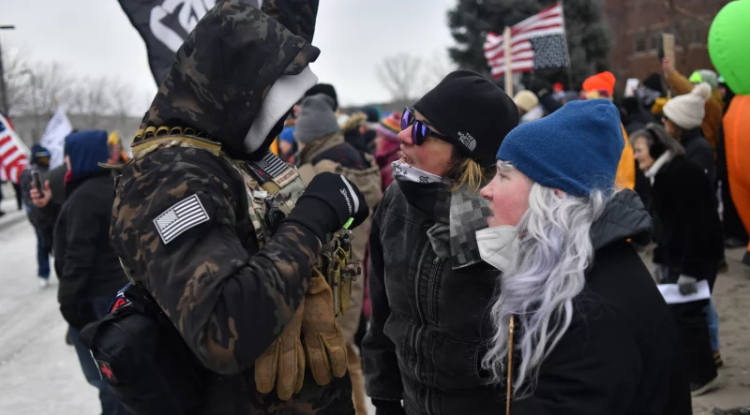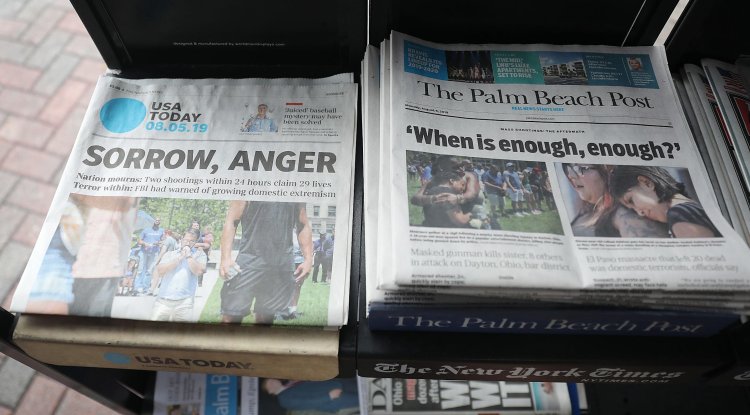Trump's Hush Money Trial in NY: Uncertain Outcomes Ahead
Unpack the complexities of Donald Trump's New York hush money trial, analyzing the charges, key witnesses, and potential implications for the former president.
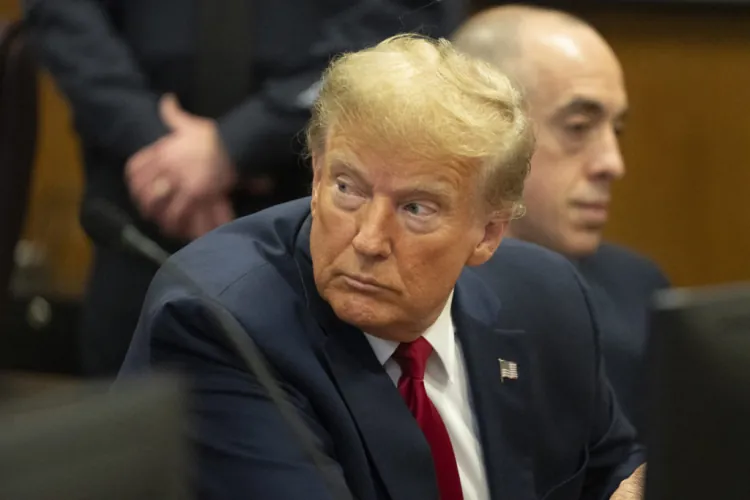
-
Introduction
- Overview of the high-profile case against former President Donald Trump involving alleged hush money payments.
-
The Core of the Hush Money Case
- Details of the $130,000 payment to Stormy Daniels and the legal ramifications.
- Explanation of the charges: 34 felony counts of falsifying business records.
-
Legal Opinions and Challenges
- Insights from legal experts on the strengths and weaknesses of the case.
- The novel legal theory underpinning the prosecution's approach.
-
The Role of Michael Cohen
- Cohen's background, his plea in 2018, and his potential impact as a witness.
- Challenges associated with his credibility in court.
-
Trump’s Defense Strategy
- Trump’s portrayal of the case as a political witch hunt.
- Defense arguments focusing on the intent behind the payments.
-
Implications for Trump and the Legal System
- Potential consequences if convicted.
- Broader impacts on public trust and the legal precedents.
-
Conclusion
- Summary of the key points and what to watch as the trial progresses.
Introduction
Donald Trump faces his first criminal trial as a former US president in New York, centered around a $130,000 hush money payment to adult film actress Stormy Daniels. This payment, made through Trump's lawyer, has stirred a media frenzy and legal scrutiny, given its timing just before the 2016 election.
The Core of the Hush Money Case
In 2016, Michael Cohen, Trump's former lawyer, paid Daniels $130,000 to prevent her from publicizing an alleged affair with Trump. While the payment itself was not illegal, it is the concealment through falsified business records that has led to 34 felony charges against Trump. These charges assert that Trump aimed to defraud voters by hiding these payments as legal fees.
Legal Opinions and Challenges
The case has divided legal experts. Some argue that the case is weak and politically motivated, potentially undermining the judicial process. Others believe it addresses serious allegations of defrauding American voters. The prosecution's reliance on an untested legal theory—elevating misdemeanor falsification to a felony due to its intent to conceal another crime—adds to the complexity.
The Role of Michael Cohen
Michael Cohen, once a confidant of Trump, could be both a linchpin and a liability for the prosecution. His previous guilty plea to federal campaign violations links directly to the hush money scheme. However, his credibility is under scrutiny due to past falsehoods, making his testimony a critical but contentious element of the trial.
Trump’s Defense Strategy
Trump has consistently labeled the investigation and subsequent charges as a "hoax" orchestrated by political opponents. His legal team argues that the payments were personal, intended to spare his family embarrassment rather than influence the election. This defense hinges on convincing the jury about the motive behind the payments.
Implications for Trump and the Legal System
A conviction could significantly affect Trump's public image and political future, potentially branding him a felon ahead of the presidential elections. Conversely, a not guilty verdict could reinforce his claims of being targeted by political adversaries, impacting public perception of the legal system.
Conclusion
As the trial unfolds, it will not only decide the legal fate of Donald Trump but also test the robustness of legal processes in politically sensitive cases. Observers and voters alike will closely watch how these events align with the principles of justice and fairness in the American legal system.
What's Your Reaction?







